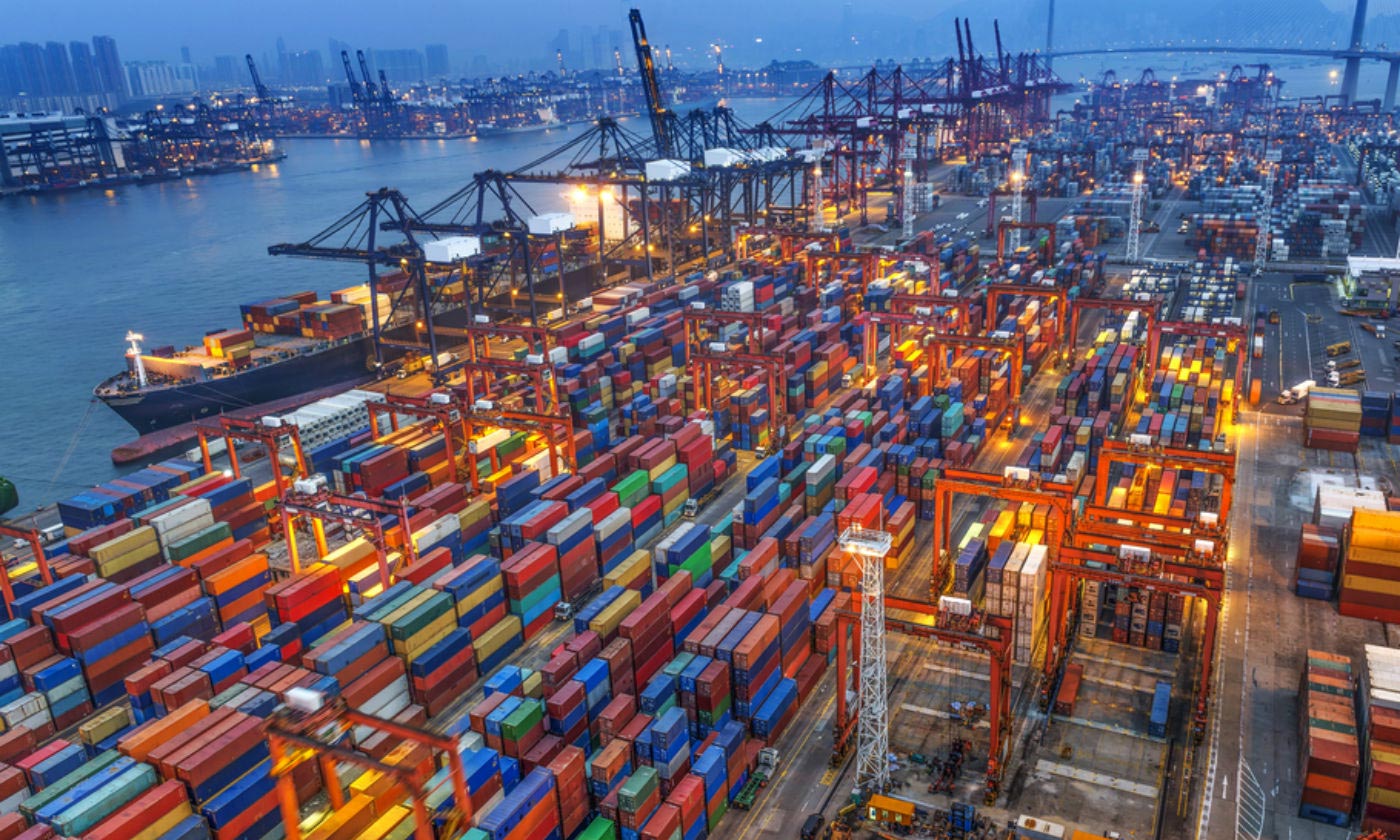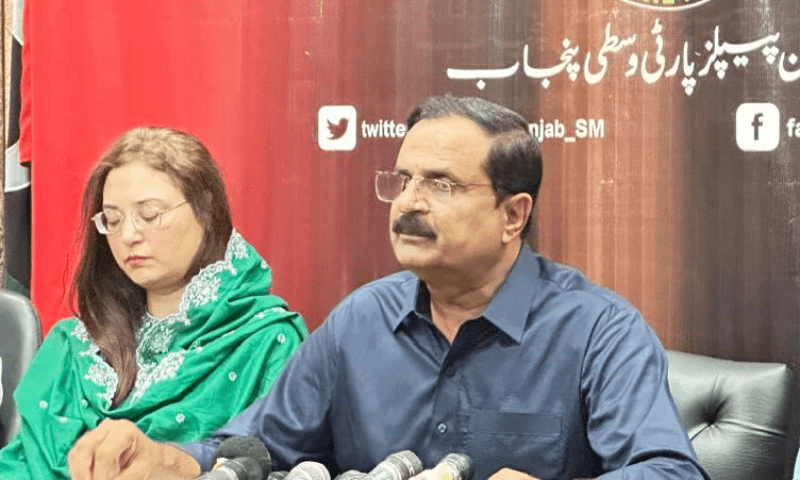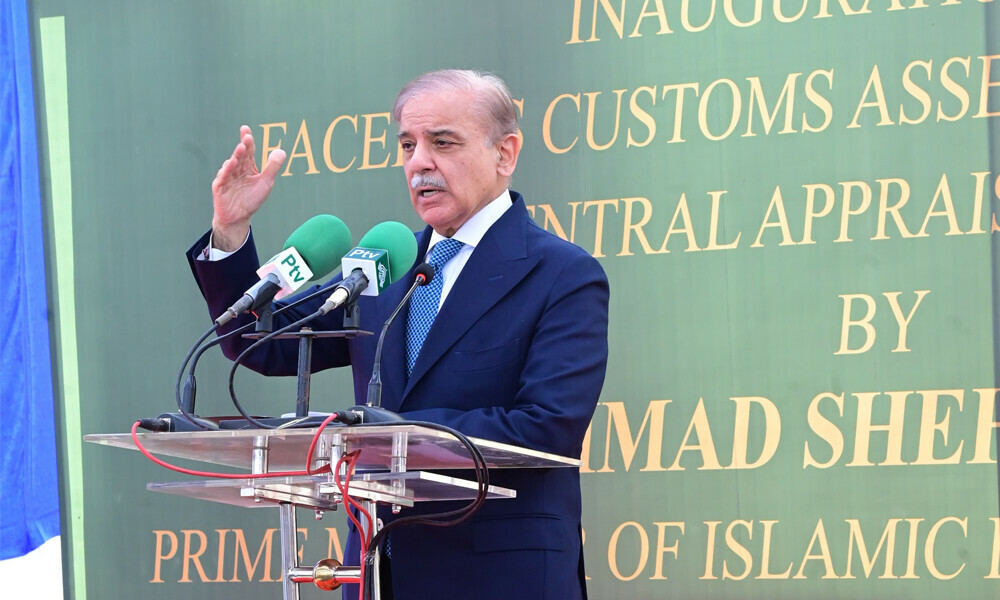PTBP Web Desk
The World Bank has approved $240 million in financing for the Second Karachi Water and Sewerage Services Improvement Project (KWSSIP-2), aimed at enhancing water, sanitation, and hygiene (WASH) services in Karachi. This substantial investment will play a pivotal role in improving public health, addressing waterborne diseases, and supporting sustainable urban development in the metropolis.
The KWSSIP-2 project will receive co-financing of $240 million from the Asian Infrastructure Investment Bank (AIIB). Additionally, the Government of Pakistan will contribute $250 million, while the private sector and commercial financiers are expected to provide $269 million. This combined funding underscores the critical importance of improving Karachi’s water and sewerage infrastructure.
Najy Benhassine, the World Bank Country Director for Pakistan, emphasized the significance of the project, stating, “Safely managed WASH services are the foundation of public health and quality of life and are central to addressing the stunting crisis in Pakistan.”
Building upon the achievements of KWSSIP-1, the second phase aims to expand investments in bulk water supply augmentation, water treatment facilities, wastewater treatment, water distribution, and sewer network rehabilitation. The project’s implementation will have a transformative impact, particularly for vulnerable communities. According to the World Bank, the project is expected to benefit over half a million residents in Karachi’s informal settlements, known as Katchi Abadis.
By 2030, KWSSIP-2 is projected to provide safely managed water supply to nearly 16 million residents and sanitation services to approximately 7.5 million people. These services will address the challenges of limited access to clean water and inadequate sanitation, which have long plagued Karachi’s growing population.
The project will address gender disparities within the Karachi Water and Sewerage Corporation (KWSC) by implementing gender-inclusive recruitment plans. These plans aim to:
- Hire more women in technical and leadership roles.
- Institutionalize internship programs for women graduates.
- Provide technical training and create pathways for women to secure employment within KWSC.
- Promote female employees to higher-grade positions.
Khairy Al-Jamal, Task Team Leader for the project, highlighted this initiative, stating, “KWSSIP-2 will also continue to address the gender gap in employment, representation, and leadership at KWSC through targeted interventions.”
The project’s focus on informal settlements will expand access to safe drinking water and sanitation services, benefiting over 500,000 residents in these underserved areas. These improvements are expected to reduce the reliance on expensive alternative water sources, decrease the time spent collecting water, and mitigate health risks associated with waterborne diseases.
The KWSSIP-2 initiative is part of the World Bank’s broader Pakistan Urban WASH Services Program, which aims to extend safely managed WASH services to 33.5 million people nationwide by 2035. The project also focuses on strengthening the performance and financial sustainability of KWSC while fostering private-sector partnerships to enhance service delivery.
Private-sector partnerships will play a crucial role in the successful implementation of KWSSIP-2. These collaborations are expected to bring innovative solutions and expertise, contributing to the efficient management and operation of WASH services in Karachi.
The project’s comprehensive approach to improving water and wastewater infrastructure will significantly enhance public health outcomes. By reducing the prevalence of waterborne diseases and improving access to clean water, KWSSIP-2 will uplift the quality of life for millions of Karachi residents.
Karachi, one of the world’s largest cities, faces immense challenges related to water scarcity, sanitation, and urban development. KWSSIP-2 represents a vital step toward addressing these issues and building a resilient and sustainable urban environment. With support from international financial institutions, government contributions, and private-sector investments, the project aims to transform Karachi into a model for urban water and sanitation services.




